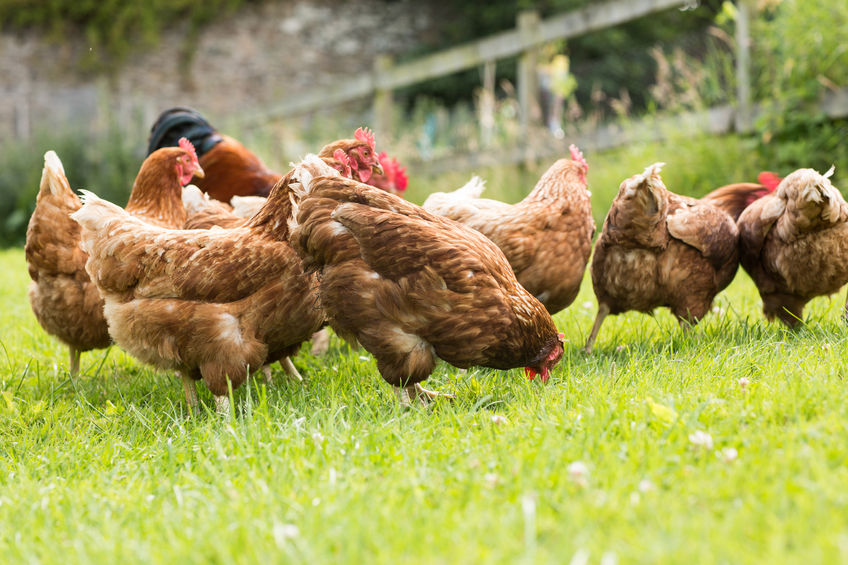
The Department for Environment, Food and Rural Affairs (Defra) says the risk from avian influenza to commercial poultry in the UK remains low.
Defra reviewed bird flu risk in the United Kingdom following a new outbreak across the North Sea in the Netherlands.
A 16,000-bird flock of fattening ducks in Flevoland was culled following confirmation of highly pathogenic H5N6 virus.
The same farm was infected last winter with H5N8 - the strain that spread across Europe and the UK last year. Some 13 cases were found in the UK last winter, although none involved layers.
Despite a number of new cases of avian influenza in Europe, Defra has decided not to increase the threat level in this country. The risk for commercial poultry remains low; the risk for wild birds remains medium.
Migratory birds
In its latest risk update, Defra says: "Many of the wild migratory waterfowl have now arrived to overwinter in northern Europe and the UK from their breeding grounds in Central and North Eurasia."
Indeed, many wigeon started arriving in the UK in September. Compared to the situation at this time in 2016, the outlook for H5N8 in Central Europe is much more favourable with relatively fewer cases in wild birds.
"With the exception of the wild duck case in Germany on the 23rd October, all the wild bird outbreaks (and poultry outbreaks) reported in Europe since the last report are south of the main migratory waterfowl flyway to the UK.
"Thus, on this basis, it appears less likely that wild birds will bring H5N8 to the UK from these southerly regions of Europe.
"However, we cannot rule out that the wild birds are succumbing to infection but outcomes such as high mortality (as observed last year) is not occurring because many birds in the population are likely to have been exposed last year and survived infection."
'Significant new event'
It says: "Although new incursions of H5N8 HPAI through wild bird migration to Europe remains continuous risk up until February, the increase in detections anticipated since the last report has not materialised in November at least but other factors such as cold weather movement also need to be considered.
"It is possible that local maintenance of H5N8 virus could still be occurring at sites in northern Europe from October and spread via other routes such as ongoing outbreak locations in Italy and Bulgaria.
"The latest case of H5N6 in the Netherlands is a significant new event that merits close monitoring of any developments.
"Furthermore, a cold winter in Central Europe would encourage more waterfowl to migrate west and into the UK up until February and freezing temperatures in the UK (as being experienced at present) could mean waterfowl move away from coastal sites to more sheltered inland areas."
Defra is advising all poultry keepers to review bio-security measures and business continuity plans in case the risk of AI increases over the coming months.
